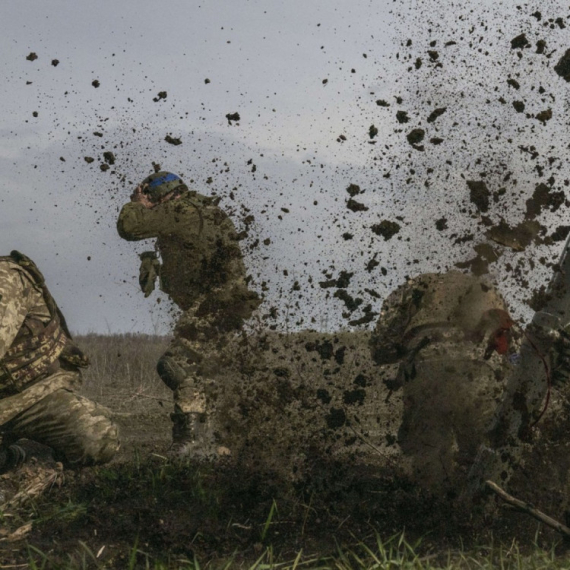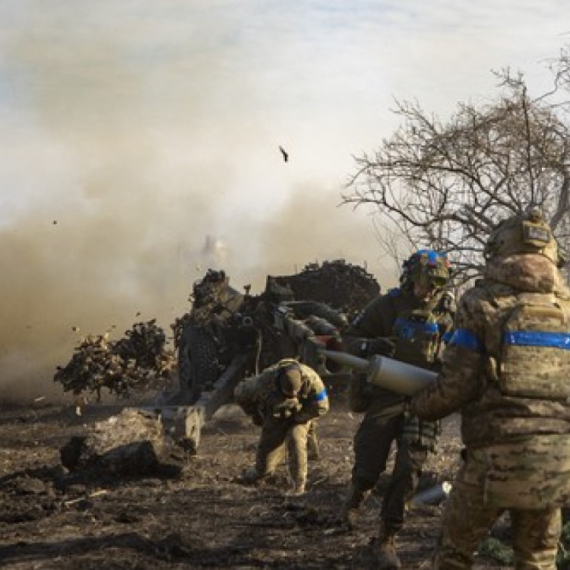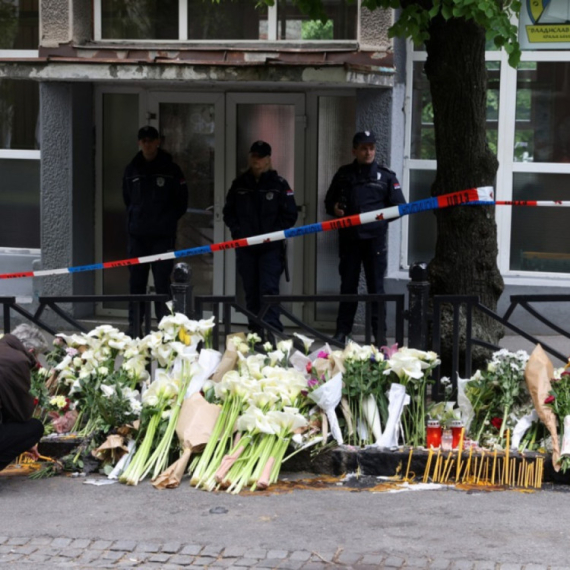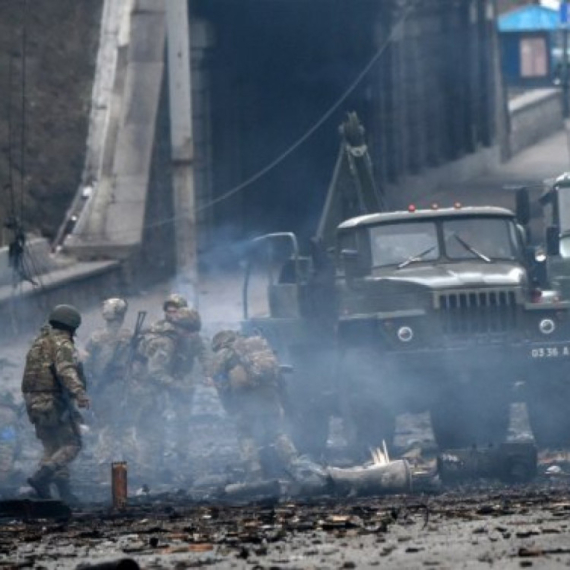"Talks needed with outcome not rigged in Pristina's favor"
"Washington’s policy in the Balkans never made much sense," as the US "wanted to keep some nations together and dismantle others."
Monday, 06.03.2017.
18:14

"Talks needed with outcome not rigged in Pristina's favor"
"The only principle which explained Washington’s actions was that the Serbs always lose. With Kosovo and Serbia now shouting threats of war, it’s time for the U.S. and Europe to take a more even-handed approach," Bandow argues.After looking at the historical background, and the process of disintegration of the former Yugoslavia - a country, he noted, that started out as an artificial creation in 1918 - the author says that "while Serb atrocities were common and noteworthy, Muslims and Croats were not innocents."
"Nevertheless, Washington and Brussels expected ethnic Serb minorities to politely suffer under other ethnic majorities, even when faced with ethnic cleansing. For instance, Croatia, buttressed by US aid, launched a large-scale military offensive against the Krajina Serbs, causing hundreds of thousands to flee. Years later I visited the region: the rural landscape was dotted with abandoned farms and ruined Orthodox churches, while the façades of urban buildings were pockmarked with bullet holes."
"However, Washington refused to acknowledge, let alone criticize, this episode of ruthless ethnic cleansing," writes Bandow.
Kosovo is mentioned as "the next Balkan crisis" - and Serbia's southern province is described as "intimately tied to Serbian history and culture," where "the region’s population shifted over the years with an influx of ethnic Albanians, creating a large majority."
"An insurgency arose in response to Belgrade's repressive rule," says the author, adding that US officials "originally denounced the guerrillas as 'terrorists' - but ethnic Albanians were media savvy."
"In the summer of 1998 I met with a top aide to local opposition leader Ibrahim Rugova, who later became Kosovo’s first president. The former told me that ethnic Albanians needed Western military intervention, and that required getting the conflict onto CNN. Hence the sometimes dubious atrocity claims amid a brutal counter-insurgency campaign that killed civilians as well as combatants," Bandow writes.
He argues that if nowadays, after the war in Kosovo, NATO's bombing of Serbia, and the unilateral declaration of independence, the ethnic Albanian majority south of the Ibar River is "entitled to choose independence" - then the ethnic Serb majority north of the Ibar River "should be free to choose not to leave Serbia."
"This principle creates a potential deal which would serve justice as well as stability: Serbia recognizes Kosovo’s independence. Kosovo accepts the departure of its north dominated by ethnic Serbs."
"No one really expects another Balkan war," the author says at the end of the article, and concludes:
"However, the continuing injustice inflicted on ethnic Serbs in north Kosovo creates needless instability and risk of conflict. Another round of negotiations is necessary, but one in which the US and Europeans do not rig the outcome in Pristina’s favor. The only sure solution will be one which benefits both ethnic Albanians and Serbs in Kosovo."





















































Komentari 23
Pogledaj komentare